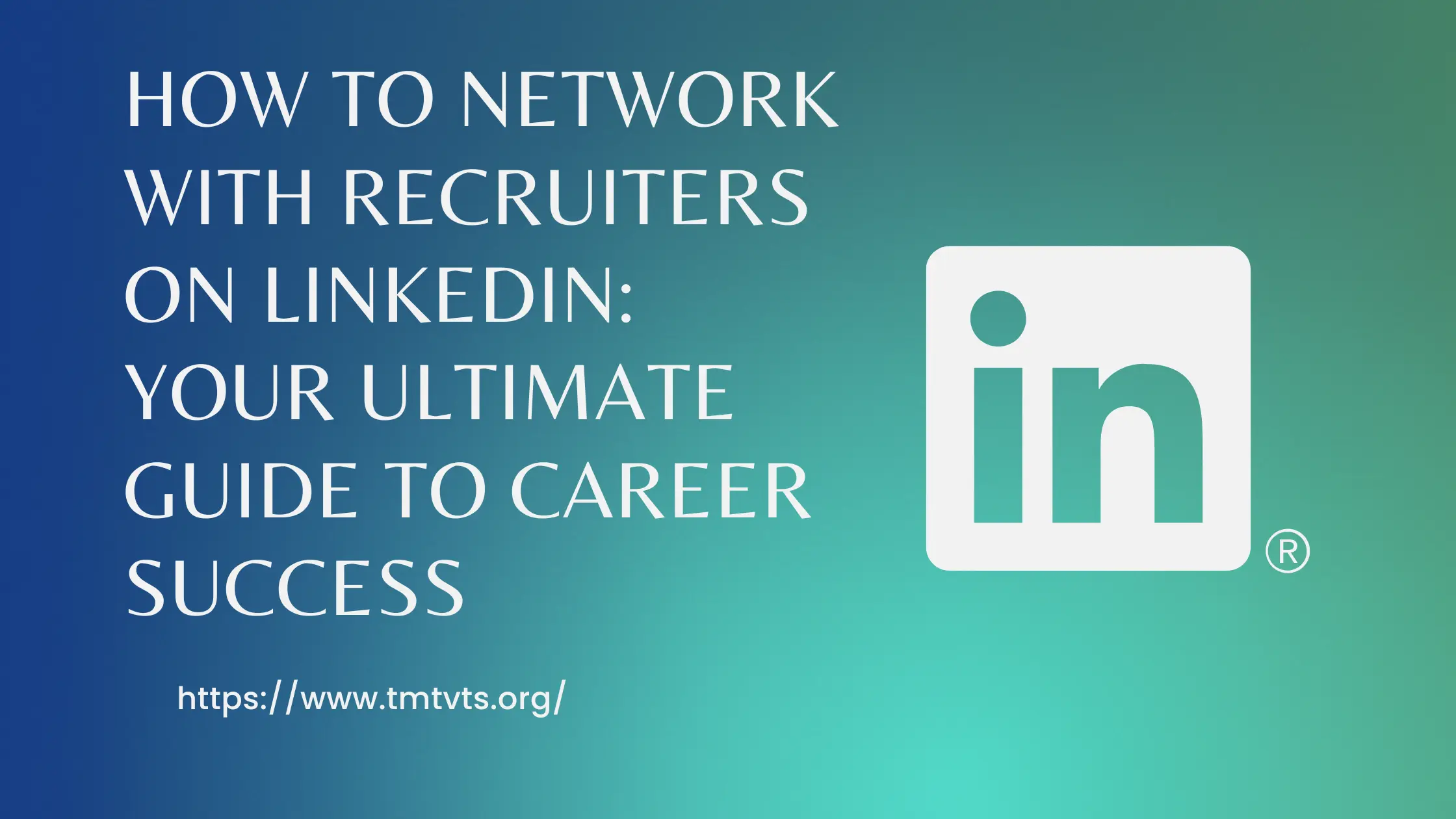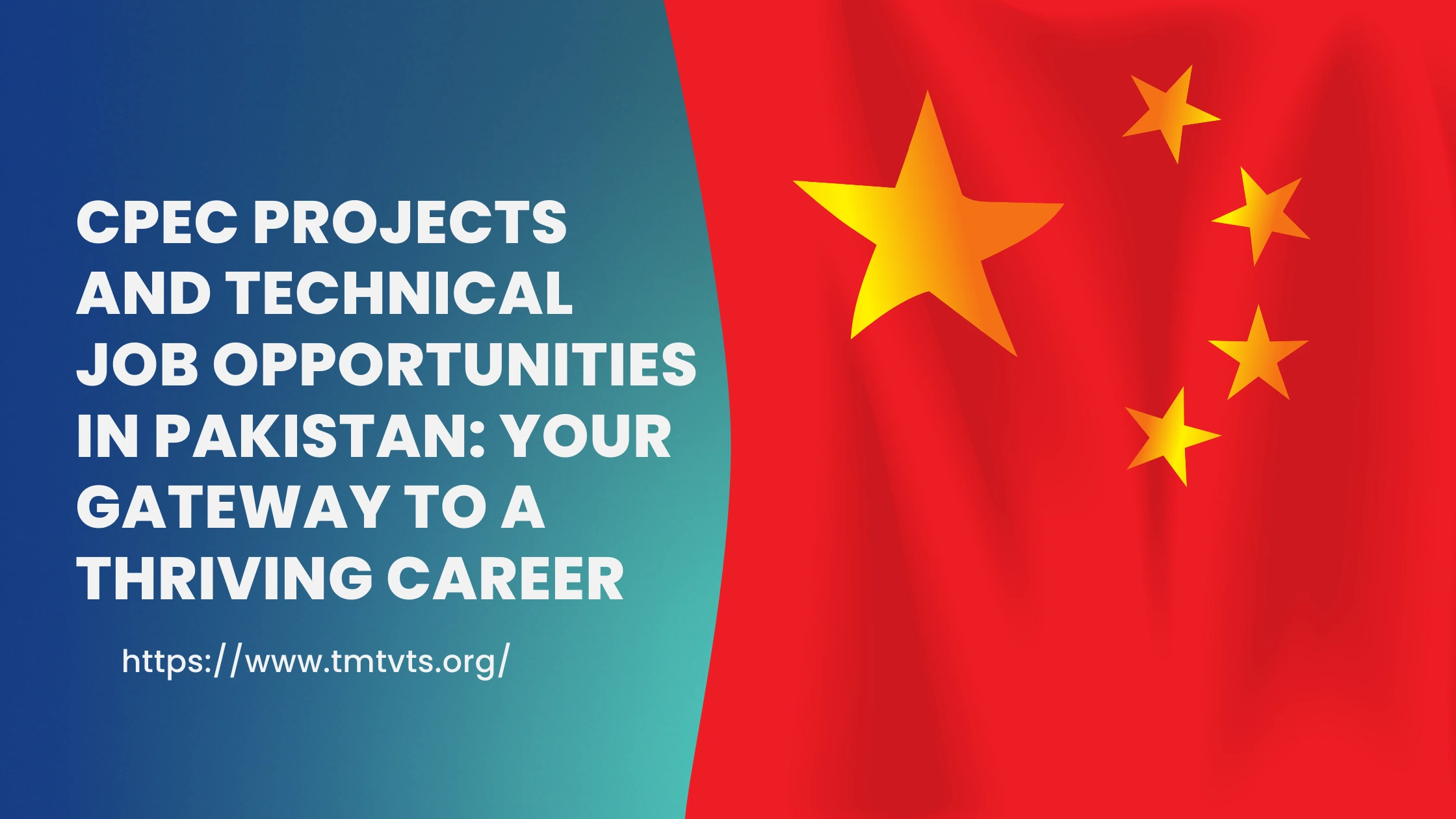LinkedIn has revolutionized professional networking, and nowhere is this more evident than in the relationship between job seekers and recruiters. With over 900 million users worldwide, LinkedIn serves as the digital hub where careers are built, connections are forged, and opportunities are discovered. For professionals looking to advance their careers, building meaningful relationships with recruiters on LinkedIn isn’t just beneficial—it’s essential.
Why Networking with Recruiters Matters
Recruiters are the gatekeepers to opportunities you might never find through traditional job boards. They have insider knowledge about upcoming positions, company culture, salary ranges, and hiring manager preferences. By building genuine relationships with recruiters, you’re not just another resume in their inbox—you become a trusted connection they think of when the right opportunity arises.
The statistics speak for themselves: nearly 70% of jobs are never publicly advertised, and recruiters fill a significant portion of these “hidden” positions through their professional networks. When you’re connected with recruiters, you gain access to this hidden job market before positions become widely available.
Optimizing Your LinkedIn Profile for Recruiter Visibility
Before reaching out to recruiters, your LinkedIn profile must be recruiter-ready. Think of your profile as your digital first impression—it needs to be professional, complete, and compelling.
Craft a Compelling Headline Your headline is the first thing recruiters see, so make it count. Instead of simply listing your job title, use this space to highlight your value proposition. For example, “Senior Marketing Manager | Digital Strategy Expert | Driving 40% Revenue Growth Through Data-Driven Campaigns” is far more compelling than just “Marketing Manager.”
Write a Story-Driven Summary Your summary should tell your professional story in a way that resonates with both recruiters and hiring managers. Focus on your achievements, skills, and career aspirations. Use specific metrics and accomplishments to demonstrate your impact. Remember to include relevant keywords that recruiters might use when searching for candidates in your field.
Showcase Your Experience Strategically For each role, go beyond basic job descriptions. Highlight specific achievements, quantify your impact with numbers, and use action verbs that demonstrate leadership and results. Recruiters are looking for evidence of success, not just task lists.
Leverage the Skills Section The skills section isn’t just a list—it’s a searchability tool. Include both hard and soft skills relevant to your industry, and don’t forget emerging skills that might set you apart. Ask colleagues and connections to endorse these skills to add credibility.
Finding the Right Recruiters to Connect With
Not all recruiters are created equal, and targeting the right ones can make the difference between a successful networking strategy and wasted effort.
Research Industry-Specific Recruiters Start by identifying recruiters who specialize in your industry or function. Use LinkedIn’s search filters to narrow down recruiters by location, industry, and current company. Look for recruiters at firms that regularly place candidates in your field or at companies where you’d like to work.
Evaluate Recruiter Activity Before connecting, spend time reviewing a recruiter’s recent posts, articles, and activity. Active recruiters who regularly share industry insights, job opportunities, and career advice are more likely to be valuable networking contacts. Their content also gives you conversation starters for your initial outreach.
Consider Company vs. Agency Recruiters Understand the difference between internal corporate recruiters (who work directly for companies) and external agency recruiters (who work for recruiting firms). Both can be valuable, but your approach might vary. Internal recruiters can provide insights into specific company cultures and long-term opportunities, while agency recruiters often have broader networks and multiple client relationships.
Crafting the Perfect Connection Request
The connection request is your digital handshake—it sets the tone for your entire relationship with a recruiter. Generic connection requests are easily ignored, but personalized messages that demonstrate genuine interest and professionalism stand out.
Personalization is Key Reference something specific about the recruiter’s background, recent posts, or shared connections. This shows you’ve done your homework and aren’t just sending mass connection requests. For example: “Hi Sarah, I noticed you recently shared insights about the evolving fintech landscape. As a product manager with five years of experience in financial services, I’d love to connect and stay updated on industry trends.”
Keep it Professional but Human Strike a balance between professionalism and personality. Your message should feel genuine and conversational while maintaining a professional tone. Avoid overly formal language that feels robotic, but also steer clear of being too casual.
Be Clear About Your Intent While you don’t need to immediately ask for job opportunities, be transparent about your professional interests. Mentioning that you’re interested in learning about market trends or staying connected for future opportunities sets appropriate expectations.
Building Authentic Relationships
Networking with recruiters isn’t about immediate job placement—it’s about building long-term professional relationships that can benefit both parties throughout your career.
Engage with Their Content Regularly engage with recruiters’ posts by liking, commenting thoughtfully, and sharing relevant content. This keeps you visible in their network and demonstrates your industry knowledge. When commenting, add value to the conversation rather than just expressing agreement.
Share Valuable Content Position yourself as a thought leader in your industry by sharing relevant articles, insights, and achievements. When recruiters see you consistently posting valuable content, you become more memorable and credible as a candidate.
Offer Value in Return Remember that networking is a two-way street. If you come across candidates who might be perfect for roles you’ve seen recruiters post about, make introductions. If you have industry insights that might benefit their clients, share them. This reciprocal approach strengthens your relationships and makes recruiters more likely to think of you when opportunities arise.
Maintain Regular Contact Don’t let your connections with recruiters go dormant. Set reminders to check in periodically, even when you’re not actively job searching. Share career updates, congratulate them on their successes, and maintain the relationship during both active and passive job search phases.
Following Up and Maintaining Momentum
Successful networking requires consistent follow-up and relationship maintenance. The fortune is in the follow-up, as they say, and this is especially true with recruiter relationships.
Respond Promptly and Professionally When recruiters reach out, respond quickly even if you’re not interested in the specific opportunity. Thank them for thinking of you, explain your current situation, and ask them to keep you in mind for future roles that might be a better fit.
Update Recruiters on Your Career Progress Keep your recruiter network informed about your career milestones, new skills, promotions, or changes in your job search status. This information helps them better understand your evolving career goals and match you with appropriate opportunities.
Express Gratitude Always thank recruiters for their time, advice, and any opportunities they share with you, regardless of the outcome. Gratitude goes a long way in maintaining positive professional relationships and encourages continued support.
Common Mistakes to Avoid
Even well-intentioned networking efforts can backfire if you make these common mistakes:
Don’t Be Pushy or Impatient Avoid immediately asking for job opportunities in your first interaction. Focus on building the relationship first. Recruiters can sense desperation, and it often works against you.
Don’t Neglect Your Existing Network While building new relationships with recruiters is important, don’t forget to nurture existing connections. Former colleagues, managers, and industry contacts can often provide valuable introductions to recruiters.
Don’t Burn Bridges If a recruiter presents an opportunity that isn’t right for you, decline gracefully and professionally. The recruiting world is smaller than you think, and maintaining positive relationships with all recruiters protects your reputation.
Don’t Forget to Follow Through If a recruiter requests your updated resume, additional information, or asks you to apply for a specific role, follow through promptly. Failing to respond or missing deadlines reflects poorly on your professionalism and can damage the relationship.
Leveraging LinkedIn Features for Maximum Impact
LinkedIn offers several features that can enhance your networking efforts with recruiters beyond basic connections and messages.
Use LinkedIn Premium Strategically LinkedIn Premium provides valuable insights about who’s viewed your profile, allows you to see more search results, and gives you InMail credits to reach recruiters you’re not yet connected with. If you’re actively job searching, the investment can pay dividends.
Participate in Industry Groups Join LinkedIn groups relevant to your industry and engage in meaningful discussions. Recruiters often monitor these groups for potential candidates, and active participation can increase your visibility.
Leverage LinkedIn Events Attend virtual LinkedIn events in your industry. These events often feature recruiters as speakers or attendees, providing natural networking opportunities in a professional context.
Measuring Your Networking Success
Track your networking efforts to understand what’s working and where you can improve. Keep a simple spreadsheet of recruiter connections, noting when you connected, your last interaction, and any outcomes. Monitor metrics like response rates to your messages, profile views from recruiters, and the quality of opportunities being presented to you.
Pay attention to which types of content generate the most engagement from recruiters and which connection request messages receive the highest response rates. Use this data to refine your approach continuously.
The Long-Term Perspective
Remember that networking with recruiters is a marathon, not a sprint. The relationships you build today may not yield immediate results, but they can be invaluable throughout your career. Recruiters who know your work style, career goals, and professional background become trusted advisors who can guide your career trajectory over time.
The most successful professionals maintain their recruiter relationships even when they’re happy in their current roles. This proactive approach ensures that when you are ready for your next career move, you have a robust network ready to support your transition.
Conclusion
Networking with recruiters on LinkedIn is both an art and a science. It requires strategic thinking, genuine relationship building, and consistent effort. By optimizing your profile, targeting the right recruiters, crafting personalized outreach, and maintaining authentic relationships, you’ll build a powerful network that can accelerate your career growth.
Remember that every interaction is an opportunity to make a positive impression. Approach each connection with professionalism, authenticity, and a focus on mutual benefit. With patience and persistence, your recruiter network will become one of your most valuable career assets, opening doors to opportunities you never knew existed and providing guidance that can shape your professional future.
The investment you make in building these relationships today will pay dividends throughout your career. Start building your recruiter network now, and watch as new opportunities begin to unfold in ways you never imagined.





